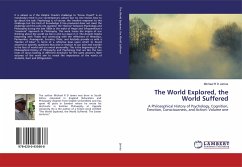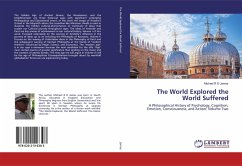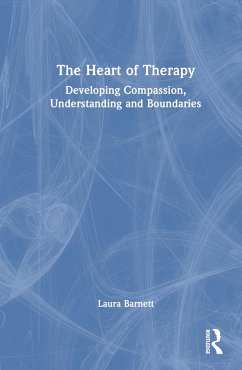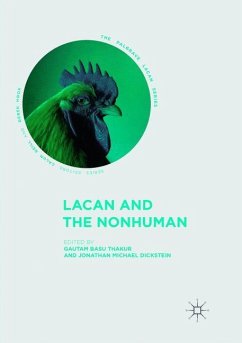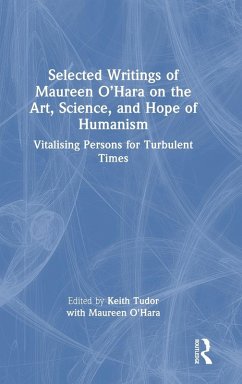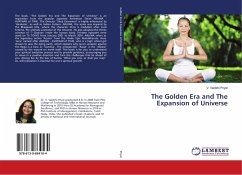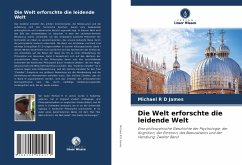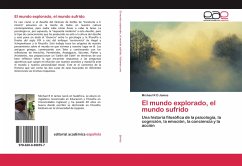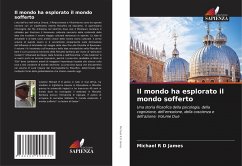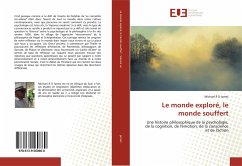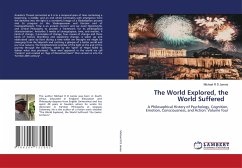
The World Explored, the World Suffered
A Philosophical History of Psychology, Cognition, Emotion, Consciousness, and Action: Volume four
Versandkostenfrei!
Versandfertig in 6-10 Tagen
42,99 €
inkl. MwSt.

PAYBACK Punkte
21 °P sammeln!
Ariadne's Thread connected as it is to a temporal span of time containing a beginning, a middle, and an end which terminates with emergence from the darkness into the light is a wonderful image of a Globalisation process and its progress to the Shakespearean and Kantian end of Cosmopolitanism. Time is an ancient concern and we need Hylomorphic and Critical Philosophy to provide a framework for its philosophical characterisation. Aristotles 3 media of change(space, time, and matter), 4 kinds of change, 3 principles of change, four causes of change and three kinds of Science describing and expla...
Ariadne's Thread connected as it is to a temporal span of time containing a beginning, a middle, and an end which terminates with emergence from the darkness into the light is a wonderful image of a Globalisation process and its progress to the Shakespearean and Kantian end of Cosmopolitanism. Time is an ancient concern and we need Hylomorphic and Critical Philosophy to provide a framework for its philosophical characterisation. Aristotles 3 media of change(space, time, and matter), 4 kinds of change, 3 principles of change, four causes of change and three kinds of Science describing and explaining change, is taken up and elaborated upon by Kant during a time when we thought we might be emerging from the labyrinth and catching a glimpse of a better world and our true natures. The Enlightenment promise of the light at the end of the journey through the darkness, aided by the "spirit" of Hegel failed to deliver what was promised. "New men" appeared in the world we call "modern" andcreated an "Age of Discontentment" that carried us into the "terrible 20th century".



